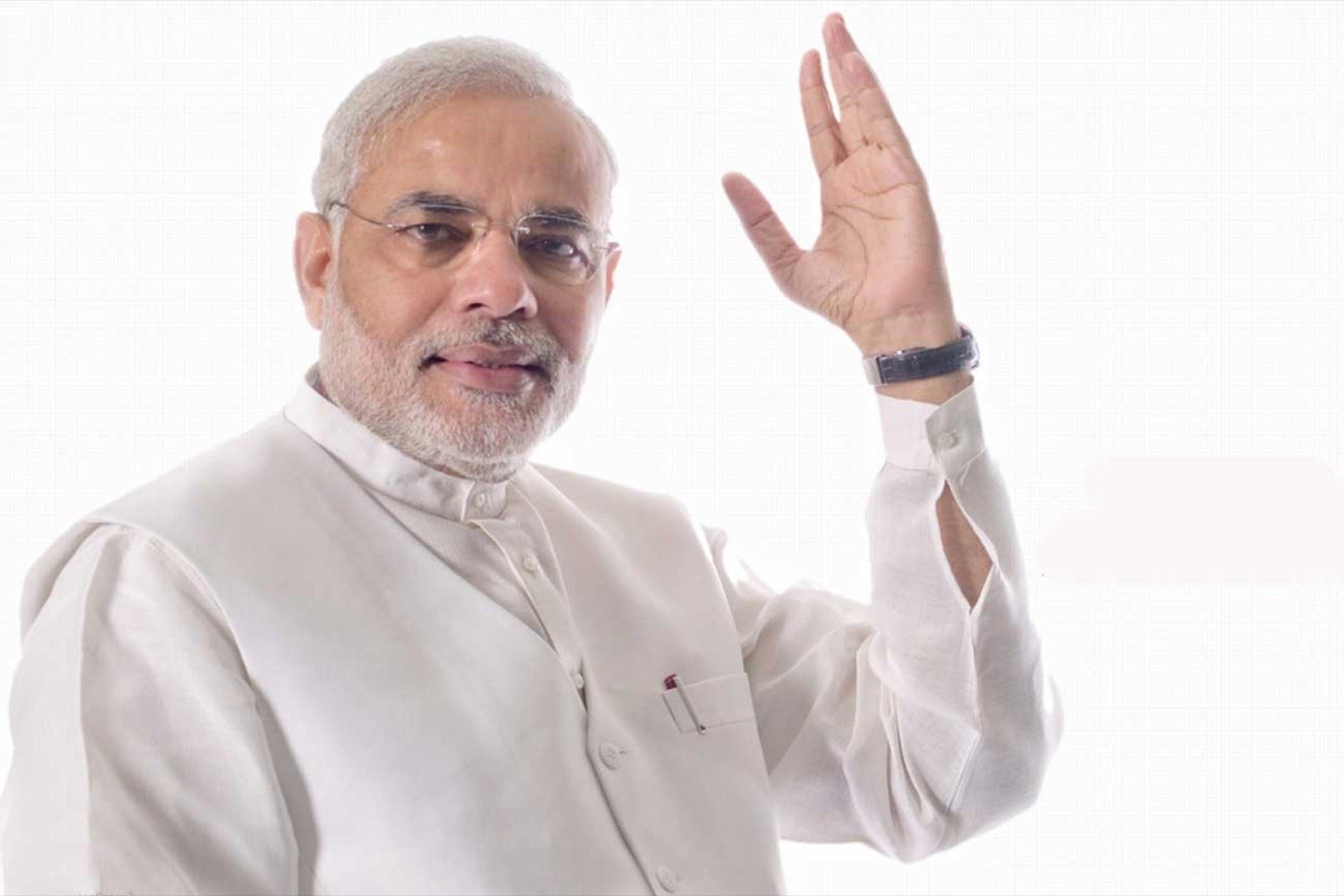Can Narendra Modi's honest attempts spell 'achhe din' for Indian startups? The Indian government's stance towards startups has been admirably supportive since beginning.
Opinions expressed by Entrepreneur contributors are their own.
You're reading Entrepreneur India, an international franchise of Entrepreneur Media.

The environment for startups could have not been more positive than this, under the present circumstances. Prime Minister Narendra Modi's unwavering efforts to accelerate India's startup story reached a crescendo during his recently-concluded visit to the United States.
The joining of the chorus by global Corporate biggies from Google, to Qualcomm to Microsoft is a testament to the seething potential India holds and how encouragingly world views it. The resounding support Modi received from the CEOs of top-notch Technology companies has made it crystal clear that India is the mecca for innovation, invention and disruption.
Backing is the backbone!
The Indian government's stance towards startups has been admirably supportive since beginning. Modi gave the slogan of "Startup India, Standup India' on Independence Day, urging Corporates to join forces with the government in fuelling the growth of startups in the country. The rhetoric found tremendous support on the Indian soil and now taking the vision on to a world platform underscores the government's persistence in creating an environment that is supportive of startups.
Modi's cohesive and coherent approach speaks volumes about how startups can play an integral and key part in India's economic upsurge. He has appropriately taken a leaf out of the story scripted by the United States, which allowed the ecosystem of startups to flourish and has today set a precedent for others to follow. Having a government at the Centre that sees value in what immense contribution entrepreneurial ventures can make can't get any better for all the startups in India.
At a time, when the ecosystem is so conducive, it is this backing from the government that can make all the difference. Without the government's definite vision and agenda, no sector or industry could have reached a stage where they are right now, be it telecom, defense, healthcare or agriculture. But for the government's planned policies and plans, these industries could not have acquired the sheer size they have today. Rightly Modi noted during his speech at Startup Konnect 2015 that "the mega corporations of today were startups of yesterday."
The same philosophy is applicable to today's startups, and Modi understands it in letter and spirit. His dedicated efforts of involving the global Corporate power houses will perk up sentiments across the globe and send out a clear message that the Indian government is serious in its business relating to startups and is doing everything possible to set the ball rolling for future.
The commitment shown by Tech giants in various forms will push the government to step up its efforts in showing "it means what it says". The coming together of Corporate titans and the government creates positive environment for Indian entrepreneurs, the very requirement for any new business to grow. This is undoubtedly a remarkable time for Indian startups!
What support from corporate tech honchos means?
It means a great deal. While there is no denying the fact that Indian telecom and technology companies are equally capable of doing what the US-based tech giants have agreed to, any initiative from global arena should not be viewed with skepticism as that would mean undermining the process of development rather than expediting it.
Here again, the Indian technology companies can look for partnership opportunities with the US-based firms, and share with them the local knowledge and expertise that the latter lacks and gain from the operational excellence the former has. The Indian government must encourage such partnerships, as such collaborative endeavors would be ideal and appropriate.
The pressing need of the hour is to form an atmosphere which helps startups grow. So either an Indian company or a global company does it, in isolation, or does so together is not important. What is important is that atmosphere is created. Why?
For reasons very simple. Taking for instance what Microsoft has committed. Microsoft announced partnering with the Indian government to provide low-cost broadband connectivity in 5,000 villages. How much will it benefit all the e-commerce, hyperlocal and app-based companies? Immensely!
Right now, a lot of their business is limited to big towns and cities due to restricted broadband connectivity. The penetration of internet connection to villages will change the picture drastically for startups, and would in truer sense sow the seed for "Digital India's' future.
A boon for healthcare
When relating it particularly to the healthcare segment, the situation begins to look so bright. In our case, Lybrate's vision is to make healthcare accessible to the billion plus population of India. We want everyone in the country to be able to communicate with doctors for their health-related concerns. However, the limited broadband connectivity makes us handicapped. The availability of low-cost broadband connectivity in villages will help us provide quality healthcare to people even there.
Google's announcement of making possible from next month the option of typing of text in 10 native Indian languages is a welcome step towards digital literacy. This will make Indian startup companies, including healthcare platforms, follow suit in due course of time.
It is already on Lybrate "to do' list. The measure coupled with low-cost internet connectivity will propel Lybrate's vision of making healthcare available to all in the country and solve a fundamental problem that the country has been facing for years now. Online healthcare platforms unarguably will benefit from it and so would the people of India.
While these may look like just baby steps, they have certainly set the path for startups to traverse.










